

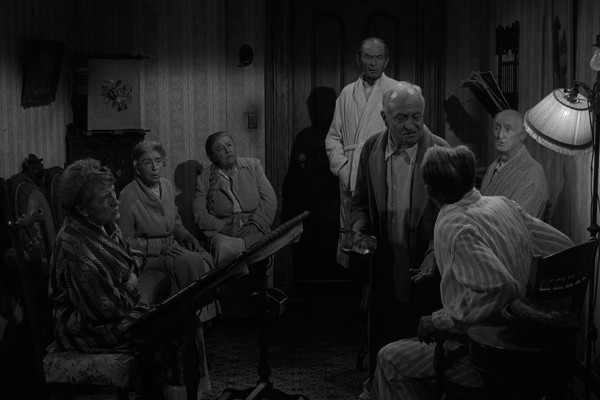
Arguably the most nakedly sentimental episode of The Twilight Zone, Kick The Can sadly marks George Clayton Johnson's last association with the series, save for season five's Ninety Years Without Slumbering.
It's a shame he couldn't go out on a higher note, though for a season in which he provided the scripts for A Game Of Pool and Nothing In The Dark he certainly delivered high quality work. It's also not as if Kick The Can would be without its fans, too. The story of an elderly man in a care home who wishes to reclaim his youth, the story hits one repeated note until he encourages the rest of the home to join him in a childhood game, which magically transforms them all into children again.
It's the kind of tale that would be loved by many, and does, to its credit, contain a bittersweet edge as one man chooses to remain, then regrets seeing his lost childhood friends leave him behind. The story was remade for the so-so Twilight Zone movie in 1983, where the talented but unrelentingly sentimental Steven Spielberg blunted off any edge the serial may have had, and made it pure saccharine, complete with Scatman Crothers as a literal "magical Negro" character.
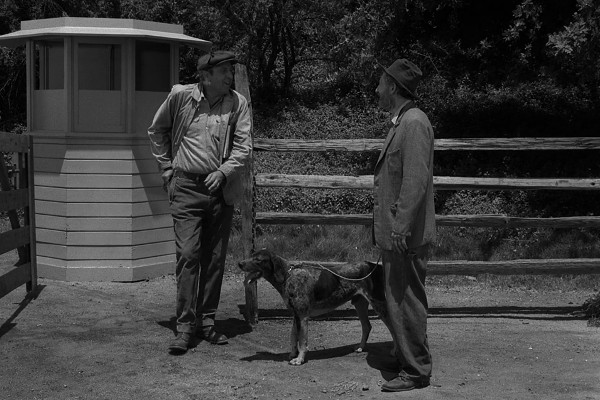
Earl Hamner will go down in history as the creator and narrator of The Waltons, overshadowing his eight episodes for The Twilight Zone. His eight scripts were variable (no one is likely to list Black Leather Jackets or The Bewitchin' Pool in their list of greatest episodes) but do contain some high points.
The Hunt, while far from his best, is a passable tale about a man who dies while hunting and eventually finds his way into Heaven. Two strange things happen at the end, however: one is that the man realises that the first gateway he passes must really be Hell, as they don't allow dogs in... yet Heaven practises racoon hunting, so presumably racoons don't have souls. The other is the joy on the man's face when he learns that his wife will soon join him, seemingly delighted that she's also about to die. The plot was based on an earlier play that Hamner had written for a 1953 edition of The Kate Smith Hour. Although the "hillbilly" fixations may be a little overdone, this is a fine instalment.
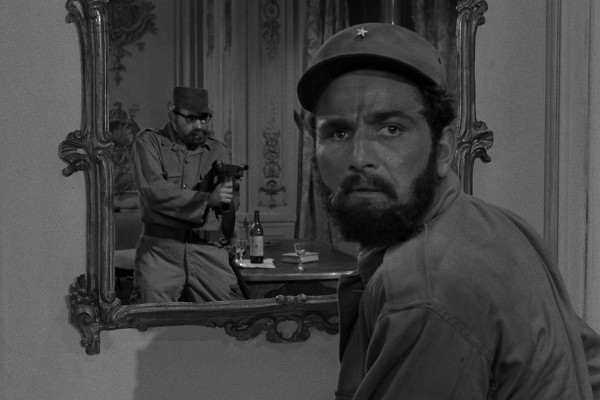
A pure guilty pleasure where Jewish American Peter Falk plays Ramos Clemente, a proxy Fidel Castro, while sitting in front of a painted backdrop with a stick-on beard. Falk's performance is fully committed, and even though the screenplay - involving a mirror that reveals a man's future assassins - is as repetitive as the musical score, it's a real winner for pure entertainment value. Serling's final narration confirms the obvious: "any resemblance to tyrants living or dead is hardly coincidental, whether it be here or in the Twilight Zone."
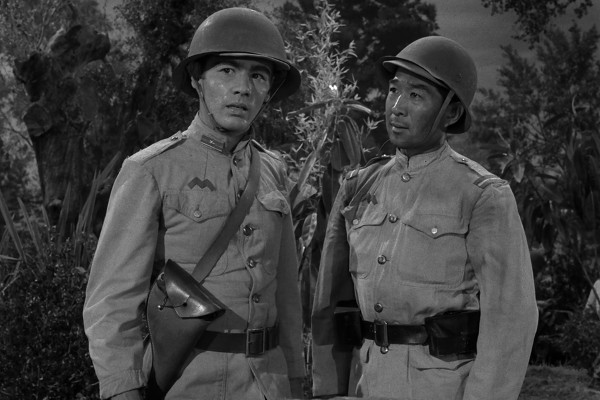
A treat for genre fans as an incredibly young Dean Stockwell (still in his mid-20s) stars in an episode with Leonard Nimoy in a minor role, who was only around 30 himself. Stockwell, his voice several octaves higher than it was during his time in Quantum Leap, gets to experience life as a Japanese soldier thanks to some typical TZ plot twist. While this involves Stockwell in "Japanese" make-up and putting on an accent, he makes every attempt to do it with a degree of reverence, and it was, after all, just the start of the 60s, many years off the 2002 series and it's "white man turns black" shenanigans with Shades Of Guilt.
Season three was seemingly so popular amongst filmmakers that when a 1983 movie was made, three of the four stories it contained were based on season three episodes. While Kick The Can and It's A Good Life could be classified as remakes, to greater and lesser degrees, the segment "Time Out" was more of a loose adaptation of this story. By some way the best of the film segments - arguably even better than this so-so episode, in fact - it's unfortunately overshadowed by the death of star Vic Morrow and two young children while the film was being made.
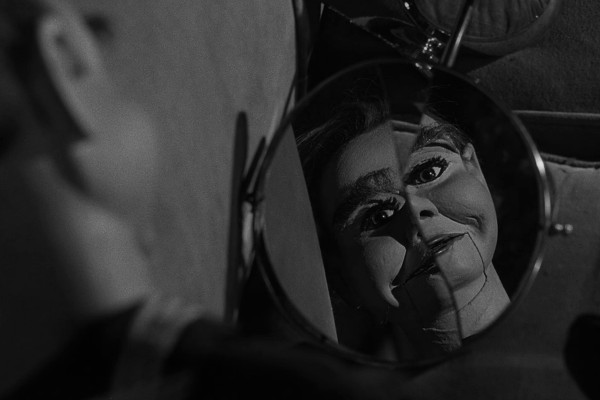
Sometimes appreciation can come down to personal experience. The Dummy was the first of three doll-based episodes, with season five's Caesar And Me even using the same dummy. Taken in isolation it's an effective horror, albeit slightly campy, about a ventriloquist who believes his dummy has come to life. The ending, in particular, is a true classic. However, while based on an unpublished story by Lee Polk, the similarities between the Michael Redgrave segment of movie Dead Of Night are so great that it cannot help but pale in comparison. If the viewer hasn't seen the 1945 horror film, then appreciation of the episode will almost certainly be greater.
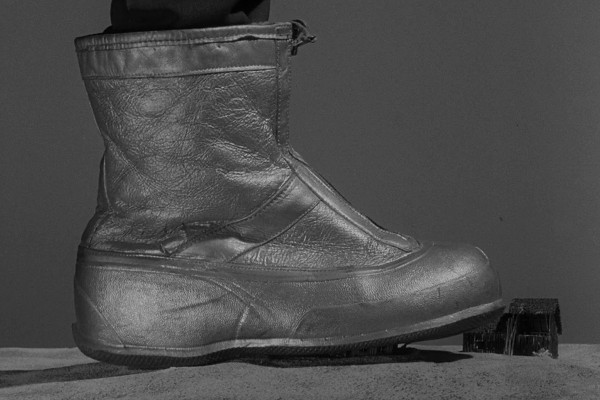
Another tremendous guilty pleasure as two astronauts crashland on a planet full of microscopic (and unseen) people. It's a pulp world of cheap rocketships and laser pistols... plus Joe Maross devouring the entire set as a man who thinks he's become a God. Maross gives 110% to the role, which makes it immense fun, even if the whole exercise does come over as more one of the lesser Outer Limits episodes rather than a Twilight Zone. Or, if it comes to it, Rod recycling material from earlier episodes, a kind of mash up of I Shot An Arrow Into The Air and a reverse The Invaders. One trivia point about the series is that some of the writers alleged that only Rod Serling was allowed to put the word "God" into his scripts, though they were never sure why. It appears here several times, as an amped-up Maross struggles with being a deity.